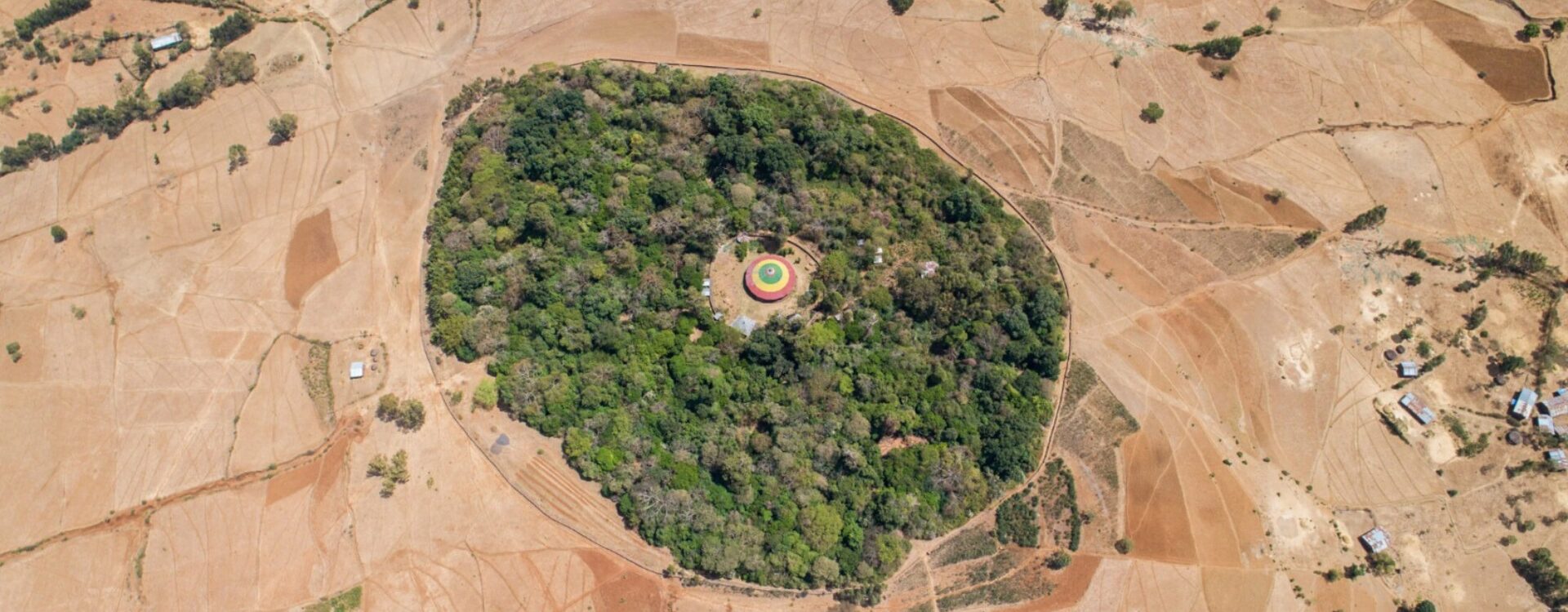Dione Roach, a visual and community artist, and Steve Happi, a music producer and sound engineer, are the co-founders of Jail Time Records, a non-profit record label established in the prison in Douala, Cameroon. Jail Time Records promotes art as a means of expression and rehabilitation for prisoners, fostering social change through music and visual art. Dione’s work includes painting, photography and art direction, while Steve, a DJ and producer, runs the studio recording and producing music.
A series of group studies and public event lead by DEMO, in collaboration with DARNA, examining the question of Palestinian self-representation within a Western cultural landscape tied to the Zionist project and the ongoing genocide of the Palestinian people.ch documents and (re)activates the revolutionary potential of these visions.
Discover the residency project↗
“It is easier to imagine the end of the world than the end of capitalism”. ¹
This expression, brimming with lucidity and regret for a stagnant present and a future that seems denied, can easily be applied to so many aspects of contemporaneity. In a context of perennial planetary crisis (cultural, political, climatic), it seems difficult to imagine alternatives – let alone test them practically.
Yet there are those who persist in pursuing these alternatives. Often off the main radar (by choice or necessity), in all corners of the globe, there are reality bubbles – islands – that challenge the cultural, social and economic dogma imposed by capitalism. These are realities that may appear small when viewed as stand-alone units, but which when considered as a whole constitute a solid and far from utopian network.
These ‘social islands’ are made up of communities that have withdrawn (or been exiled) from the city, or that have managed to carve out bubbles of resistance within urban contexts; they are spaces run by artists, workers’ collectives, social kitchens and gardens, clubs, sports centres, schools that experiment with new forms of collective learning and mutualism, proposing non-canonical ways of managing work and resources. These are places, more or less formal, that propose through practice an alternative (cultural, social and therefore also economic) to the status quo – hence a different way of coexisting, of cohabiting.
Creating awareness of these different models helps us to convince ourselves that an alternative is indeed possible, and thus to ‘repopulate the ravaged desert of our imagination’ (Isabelle Stengers, 2015).
CASE REMAPPED is a call for two artistic residencies open to a variety of professional profiles (visual and sound artists, performers, designers, architects, curators, social and political scientists, anthropologists) whose research focuses on experiences of alternative social islands, i.e. places (physical or digital) inhabited by communities experiencing radically collectivist forms of coexistence.
The selected projects will undertake a two-week residency in January 2025 at BASE Milano and receive a fee of € 3000,00.
The residency includes: Access to the YES ROOM studio for a fortnight during 9.30 a.m.-6.30 p.m.; Accommodation at casaBASE; Opportunities to meet and exchange with the curators of the call and the staff of BASE; Coverage of accessibility expenses for specific needs.
During the residency period, residents will be asked to develop a form of narration (visual, audio, verbal, performative, etc.) starting from the alternative social island(s) presented in the application.
At the end of the residency period, residents will be asked to host a moment of public presentation of the work carried out at BASE Milano.
There are no geographical limits to the choice of alternative social islands.
The economic and environmental sustainability of the proposals will be evaluated positively.
Given the limited duration of the residency, proposals informed by an ongoing research trajectory (i.e. where the candidate already has an experience (direct or not) of alternative forms of coexistence or cohabitation) will be positively evaluated. The residency course should therefore be seen as a temporal parenthesis in which the winning candidates will have the opportunity to imagine, with the help of the BASE Milano teams, how to manifest a body of research on alternative social islands in a form that can be presented publicly.
We do not except other application for this call starting from September 8th.
Selected applications will be announced on this page
and on @BASE_Milan’s socials in the coming weeks.
If you have any doubts or needs, please email us at: residenze@base.milano.it.
¹ This well-known expression, attributed to both Fredric Jameson and Slavoj Žižek, was made known by Mark Fisher in his important text ‘Capitalist Realism: Is There No Alternative?’, Zero Books, 2009.
